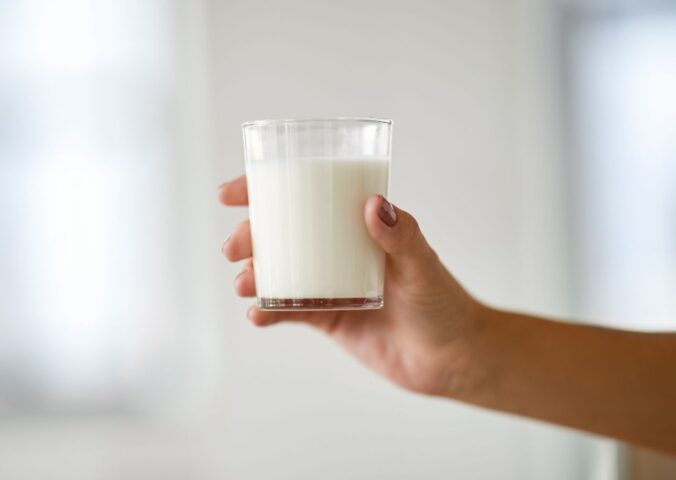A recent study claims to have unearthed a causal link between meat-free diets and an increased likelihood of depression. But the research has resulted in doubtful scrutiny from experts.
The study was titled: Association between meatless diet and depressive episodes: A cross-sectional analysis of baseline data from the longitudinal study of adult health.
Published in the Journal of Affective Disorders, researchers assessed data from 14,216 Brazilian individuals, aged 35 to 74. Participants completed questionnaires regarding their dietary habits. Clinical interviews were also conducted to determine if they had experienced depression before.
The study authors found that, compared to meat-eaters, vegetarians suffered twice as many incidents of depressive episodes. They further claimed that the findings are independent of other lifestyle factors, such as body mass index (BMI), fitness levels, and alcohol intake.
“Depressive episodes are more prevalent in individuals who do not eat meat, independently of socioeconomic and lifestyle factors,” the authors concluded, clarifying that nutritional deficiencies “do not explain this association.” (Previous studies have suggested that a lack of omega-3, B vitamins, and certain amino acids, as well as vitamin D, could result in a higher risk of depression.)
Researchers of the recent Brazil study did not offer a conclusive explanation for their findings. They stressed that more research is needed to identify a causal relationship. However, they did suggest that the link might be due to people with depression looking to change their diets in an attempt to improve their mental health.
Are vegetarians more likely to be depressed?
Experts have come forward to question the study’s legitimacy.
Registered dietician Mary Mosquera-Cochran practices at the Ohio State University Wexner Medical Center. She told Healthline that: “The researchers [of the Brazilian study] found that diet quality was somewhat associated with higher rates of depression, but it did not fully explain the association.”
Rather, the research was a simple data analysis, she said.
She also highlighted that as questionnaire participants were from one country, the findings could not be applied to other populations. As a follow-on issue, Mosquera-Cochran pointed out the lack of meat-free representation within the study respondents. Just 82 of the 14,000 individuals identified as vegetarians.
The study authors highlight that around five to 14 percent of Brazilians follow a vegetarian diet, “so this sample may not be reflective of all vegetarians in Brazil either,” Mosquera-Cochran said. Therefore, she noted, the study does not conclusively demonstrate a link between meatless diets and depression.
Dr. Shireen Kassam, a consultant hematologist at Kings College Hospital London, also questions the study’s claims. Speaking to Plant Based News, she said: “This study can not prove cause and effect. We don’t know what came first, depression or the meat-free diet.”
“The paper clearly states that nutritional factors can not explain the findings. Thus, the association is likely due to other factors. Those who are more aware of the realities of animal farming often suffer from guilt, depression, and feelings of hopelessness.”
Veganism and mental health
Plant-based physician Dr. Garth Davis shares a similar view. He took to social media to rubbish the claims. “If I am depressed it is because I constantly have to deal with these ridiculous articles,” he wrote, referencing the mainstream media coverage following the study, that warned of the mental health risks of plant-based diets.
“This was one cross-sectional study that does not follow patients or differentiate how long they have been on the diet. It also ignores the actual nutritional quality of the diet. Multiple studies have actually shown that healthy plant-based diets are associated with less depression,” Davis said.
Indeed, Australian research from 2021 discovered that “a high-quality plant-based diet” may actually be protective against depressive symptoms.
“A different study in Brazil showed that the longer people are on a plant-based diet the less depression they have, and other studies have shown meat increases depression,” Davis continued, but did not name specific studies.
He, like Kassam, went on to suggest that awareness of animal cruelty could be an explanation for alleged higher levels of depression in meat-free individuals. “Vegans tend to choose the diet because they are empathetic to the suffering of animals,” he said.






